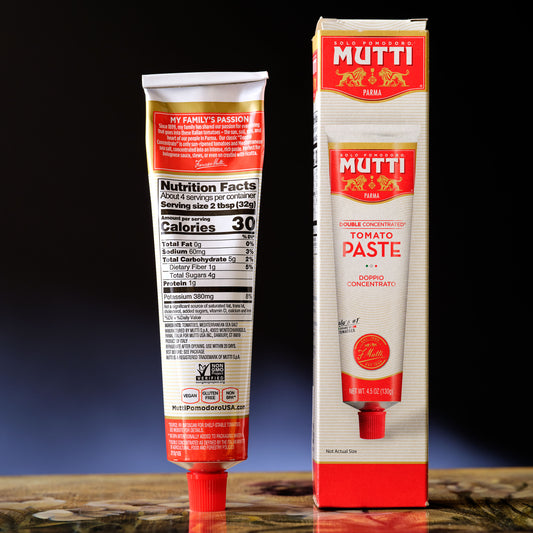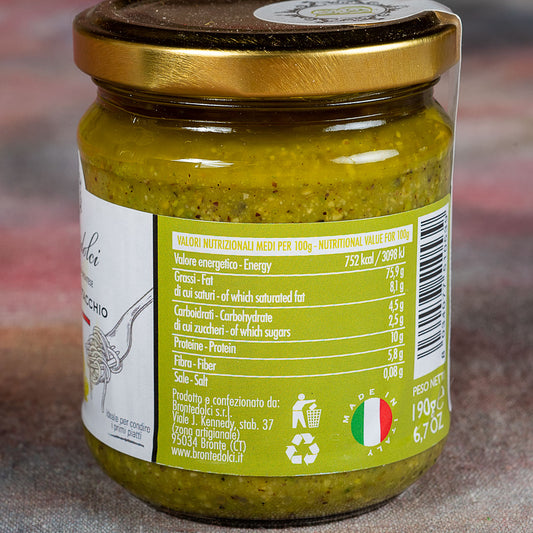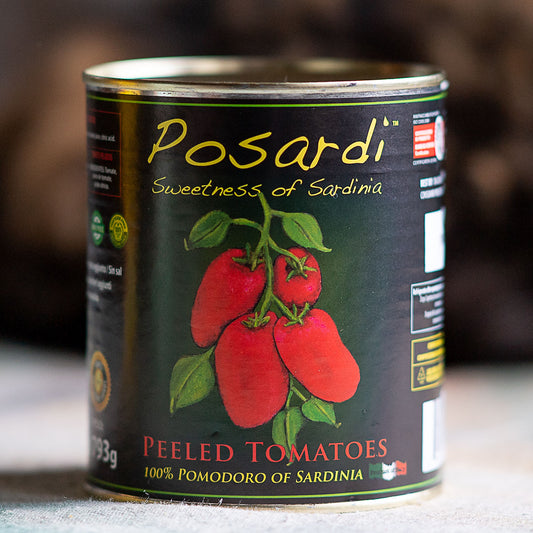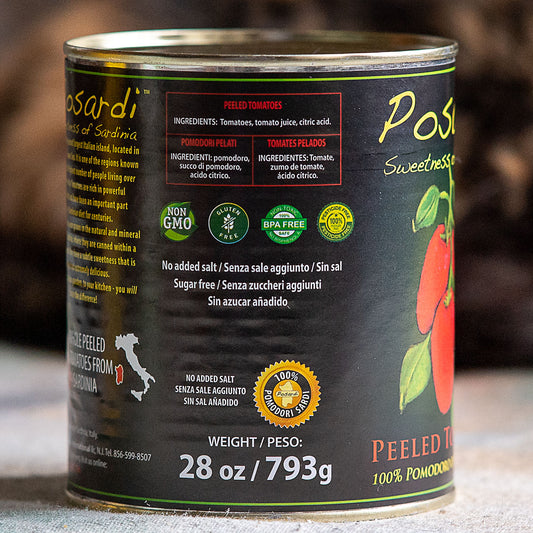Pasta Sauce
about Pasta Sauce: click here to read more
The history of pasta sauces is deeply intertwined with the development of pasta itself and Italian culinary traditions. While pasta has ancient origins, the idea of pairing it with sauces evolved gradually, beginning with simple dressings and eventually developing into the complex array of sauces we know today.
Early references to pasta dishes can be traced back to ancient Rome, where a type of pasta called "lagane" (similar to lasagna) was often served with a variety of ingredients, such as olive oil, herbs, and vegetables. However, pasta as we know it today—dried, durum wheat pasta—wasn't widely consumed until the Middle Ages. In the 13th century, dried pasta was becoming more common in Southern Italy, particularly in regions like Sicily and Naples, where it could be stored for long periods.
The development of pasta sauces came later, as tomatoes, an essential ingredient in many Italian sauces, were not introduced to Europe until after the Columbian Exchange, following the arrival of tomatoes from the Americas in the late 15th and early 16th centuries.
Initially, tomatoes were viewed with suspicion, as they were thought to be poisonous, but by the 17th century, tomatoes began to appear more frequently in Italian cooking, particularly in Southern Italy. This marked the beginning of the modern tomato-based pasta sauces, such as marinara and pomodoro, which laid the groundwork for what we now consider premium pasta sauce in authentic Italian kitchens.
The first printed recipes for pasta sauces appeared in cookbooks in the 18th century. One of the earliest known cookbooks to include pasta sauce recipes was "Il Cuoco Galante" by Francesco Leonardi, published in 1790. Leonardi’s cookbook featured a variety of pasta dishes, some of which included sauces made with tomatoes, herbs, and meat. These early recipes laid the foundation for the pasta sauces that would become staples of Italian cuisine.
In the 19th century, with the industrialization of pasta production, pasta became more widely accessible, and pasta sauces began to diversify.
This period also saw the rise of famous Italian sauces such as bolognese (ragù), which evolved in Bologna during the 18th and 19th centuries.
By the 20th century, the development of various regional pasta sauces, such as pesto from Genoa and carbonara from Rome, further enriched the Italian culinary tradition and elevated the standards of what defines a truly premium pasta sauce.
-
Mutti Tomato Paste in Tube
Regular price $5.95 USDRegular priceUnit price / per$0.00 USDSale price $5.95 USD -
Cacio e Pepe Pasta Sauce
Regular price $13.95 USDRegular priceUnit price / per$0.00 USDSale price $13.95 USD -
Brontedolci Pistachio Pesto
Regular price $20.95 USDRegular priceUnit price / per$0.00 USDSale price $20.95 USD -
La Favorita Pesto alla Genovese - 1000g
Regular price $57.95 USDRegular priceUnit price / per$0.00 USDSale price $57.95 USD -
Posardi Sardinian Whole Tomatoes - Canned
Regular price $7.95 USDRegular priceUnit price / per$0.00 USDSale price $7.95 USD -
Tomato Paste, Organic (Spain)
Regular price $7.95 USDRegular priceUnit price / per$0.00 USDSale price $7.95 USD -
Cosi Come Yellow Datterino Whole Tomatoes
Regular price $17.95 USDRegular priceUnit price / per -
 Restocking - choose Notify me
Restocking - choose Notify meMina Shakshuka Moroccan Tomato Sauce - large jar
Regular price $19.95 USDRegular priceUnit price / per$0.00 USDSale price $19.95 USDRestocking - choose Notify me -

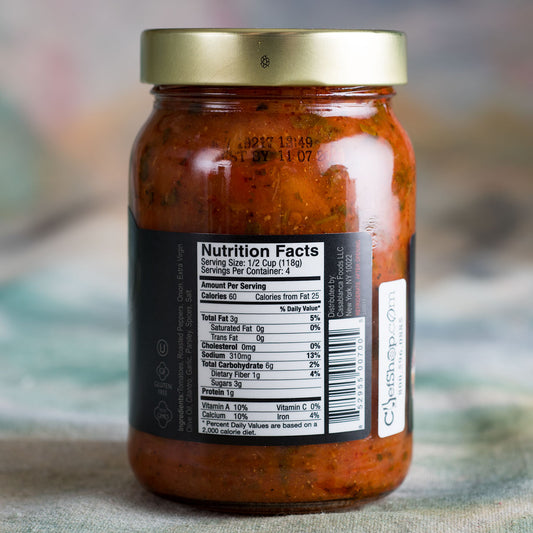 Restocking - choose Notify me
Restocking - choose Notify meMina Shakshuka Moroccan Spiced Tomato Sauce
Regular price $12.95 USDRegular priceUnit price / per$0.00 USDSale price $12.95 USDRestocking - choose Notify me -

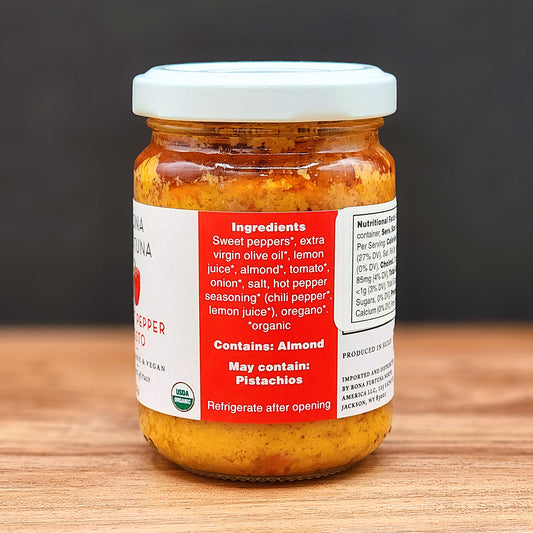 Restocking - choose Notify me
Restocking - choose Notify meBona Furtuna Sweet Pepper Pesto
Regular price $10.95 USDRegular priceUnit price / per$0.00 USDSale price $10.95 USDRestocking - choose Notify me -
 Restocking - choose Notify me
Restocking - choose Notify meBona Furtuna Organic Arrabbiata Marinara Sauce
Regular price $11.95 USDRegular priceUnit price / per$0.00 USDSale price $11.95 USDRestocking - choose Notify me -

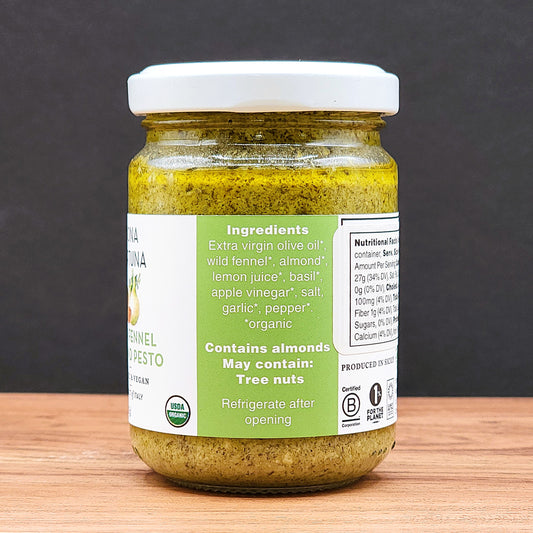 Restocking - choose Notify me
Restocking - choose Notify meBona Furtuna Wild Fennel Almond Pesto
Regular price $12.95 USDRegular priceUnit price / per$0.00 USDSale price $12.95 USDRestocking - choose Notify me -

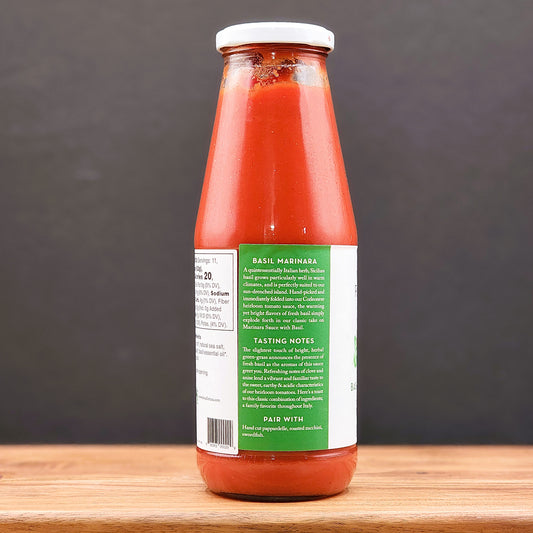 Restocking - choose Notify me
Restocking - choose Notify meBona Furtuna Organic Marinara Sauce with Basil
Regular price $11.95 USDRegular priceUnit price / per$0.00 USDSale price $11.95 USDRestocking - choose Notify me -

 Restocking - choose Notify me
Restocking - choose Notify meSugo alla Vodka (Vodka Pasta Sauce)
Regular price $11.55 USDRegular priceUnit price / per$0.00 USDSale price $11.55 USDRestocking - choose Notify me -

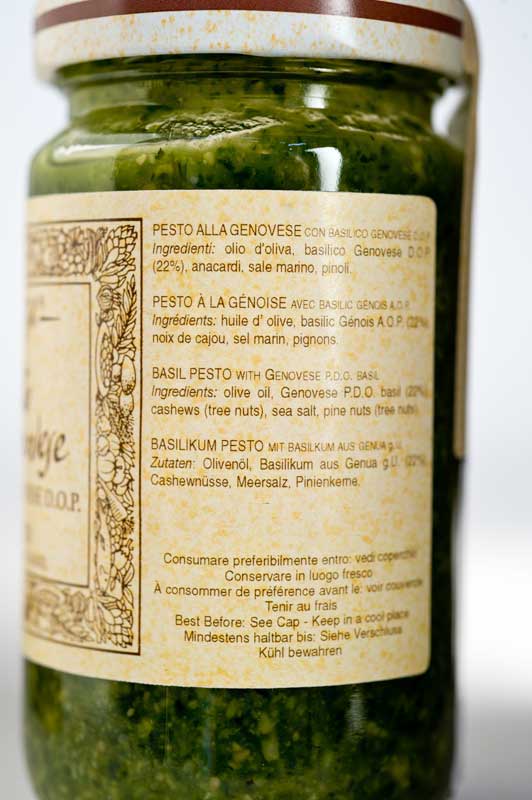 Restocking - choose Notify me
Restocking - choose Notify mePesto alla Genovese
Regular price $14.95 USDRegular priceUnit price / per$0.00 USDSale price $14.95 USDRestocking - choose Notify me -
 Restocking - choose Notify me
Restocking - choose Notify meBona Furtuna Organic Marinara Sauce with Oregano Flowers
Regular price $11.95 USDRegular priceUnit price / per$0.00 USDSale price $11.95 USDRestocking - choose Notify me -

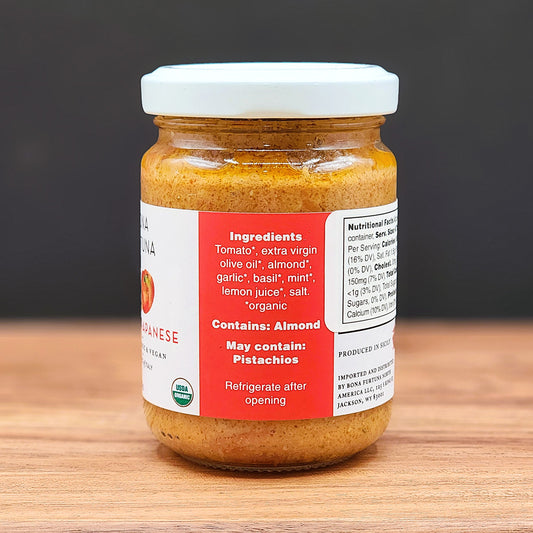 Restocking - choose Notify me
Restocking - choose Notify meBona Furtuna Tomato Almond Pesto Trapanese
Regular price $10.95 USDRegular priceUnit price / per$0.00 USDSale price $10.95 USDRestocking - choose Notify me -

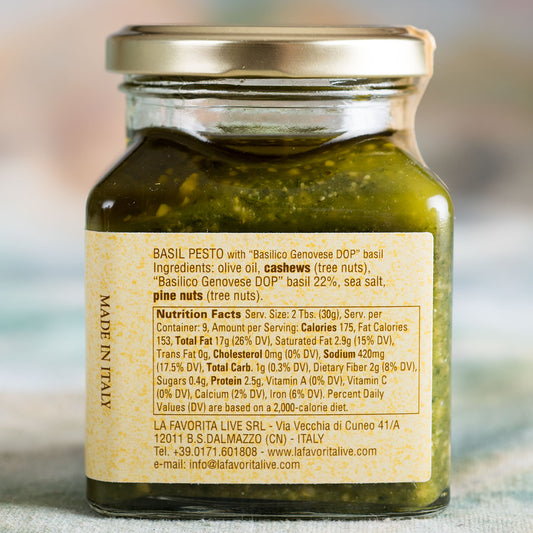 Restocking - choose Notify me
Restocking - choose Notify mePesto alla Genovese - 270gr jar
Regular price $17.55 USDRegular priceUnit price / per$0.00 USDSale price $17.55 USDRestocking - choose Notify me


